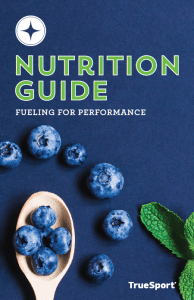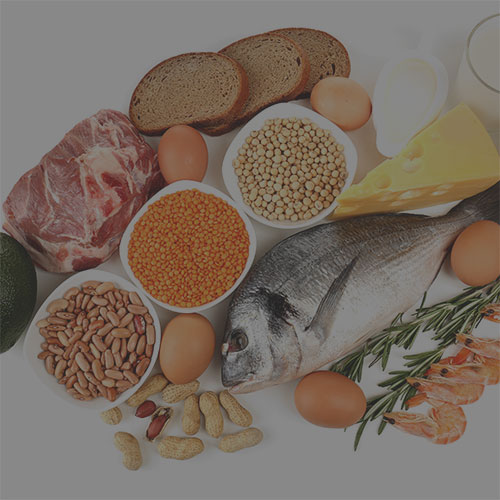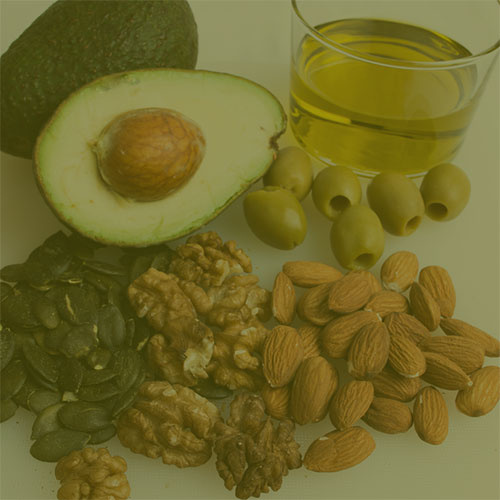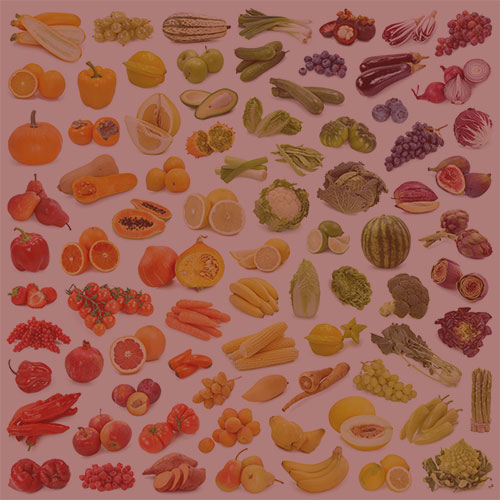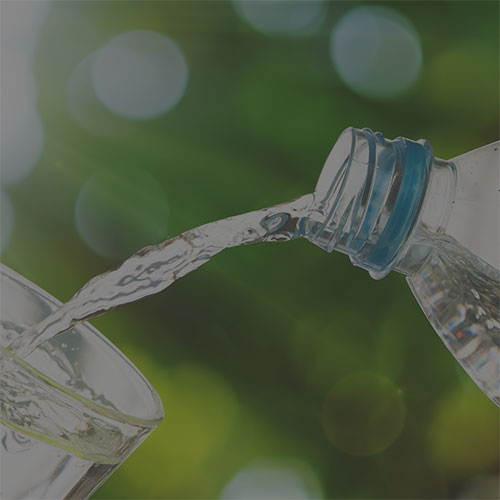Nutrition Guide
Reach Your Peak Performance Naturally
Competing in sport, recovering from daily training, and maintaining good health throughout seasons requires a daily nutrition investment for an athlete to be at their best. Fueling requirements can vary depending on an individual’s energy expenditure, metabolism, state of health, sport, and other factors. Matching appropriate nutrition practices to an individual’s needs leverages the power of nutrition to support health and performance. Unfortunately, there is a lot of misinformation available regarding a proper diet for athletes. In the quest for success, many athletes will try any dietary regimen or nutritional supplementation promising a new level of physical performance. However, an evaluation and modification of an individual’s current dietary intake can typically help maximize peak performance.
This resource aims to provide sport-based nutrition guidelines and tips for both beginner and seasoned athletes. Whether you are looking for a starting place for your performance nutrition strategy, want to check in on where the latest sports nutrition research stands, or just need tips for optimizing your existing nutrition approach, this guide can be valuable for you.
In consultation with registered dietitians, USADA and its TrueSport program provide an optimal dietary intake guide for those looking to reach their full potential naturally.
Nutrition Articles

Can Nutrition Really Enhance Performance?
A look at the nutrition options that are touted to enhance performance and if they are really worth considering for athletes.
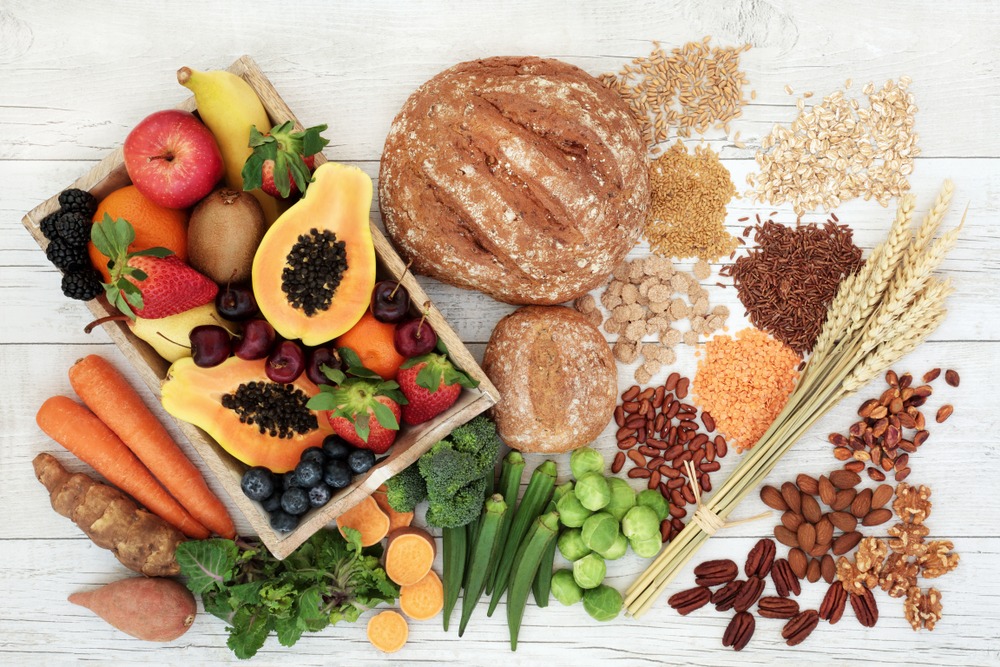
When Should Athletes Consume Fiber?
Getting adequate amounts of fiber in the diet is critical for a variety of reasons: digestive health, immune function, and long-term chronic disease prevention.

How Should I Adjust My Nutrition Habits in The Offseason?
The offseason can be a great time for athletes to adjust their nutrition habits by embracing more foods and in different quantities.

Nutrient Timing: How do I Space Out Meals Around Training?
There is a lot that goes into effective nutrient timing, but here, we will explain some of the core principles and some possible applications.
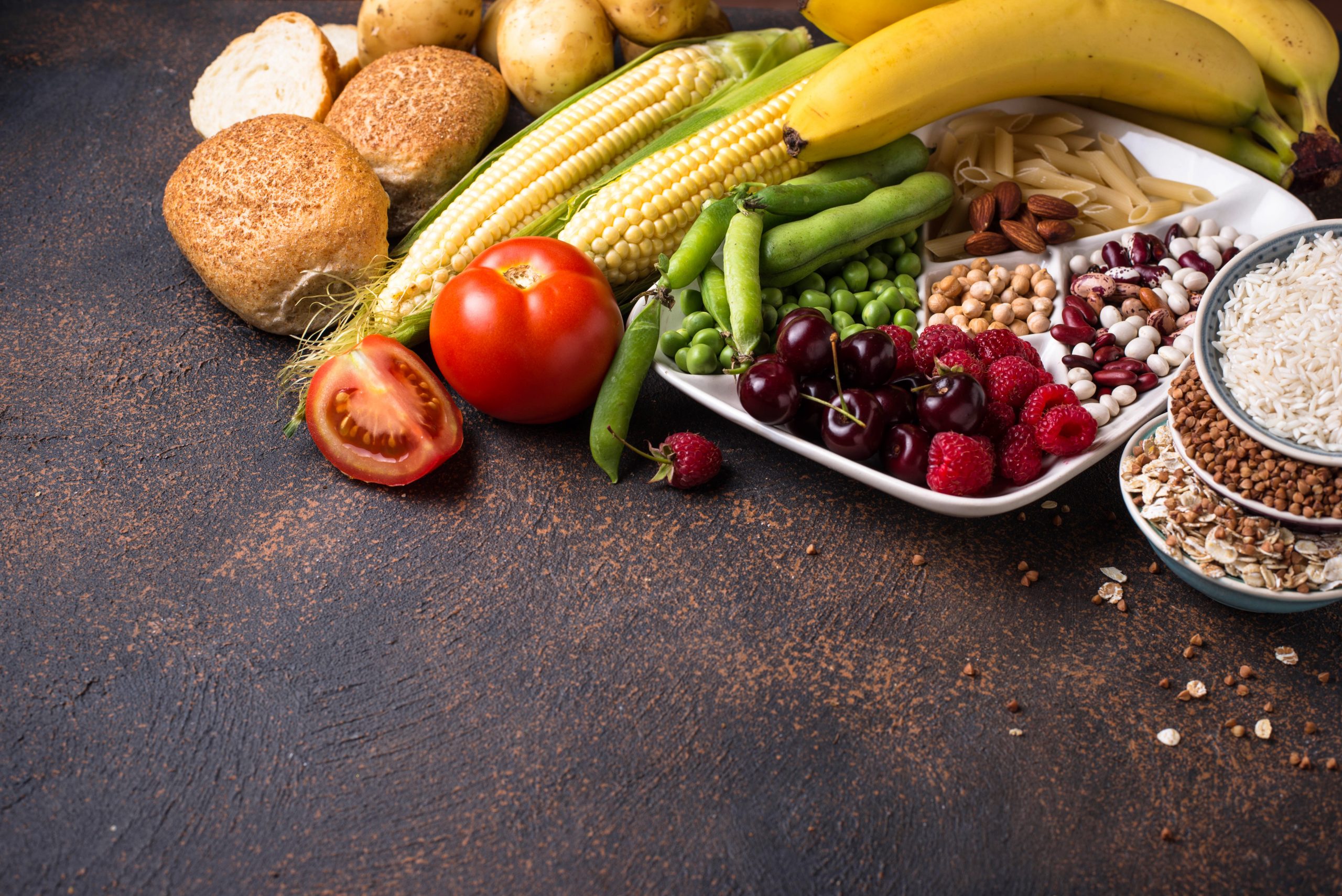
Expert Tips for Fueling During Training
In this article, we share the truth about detox diets and when athletes should become aware of the potential harms.
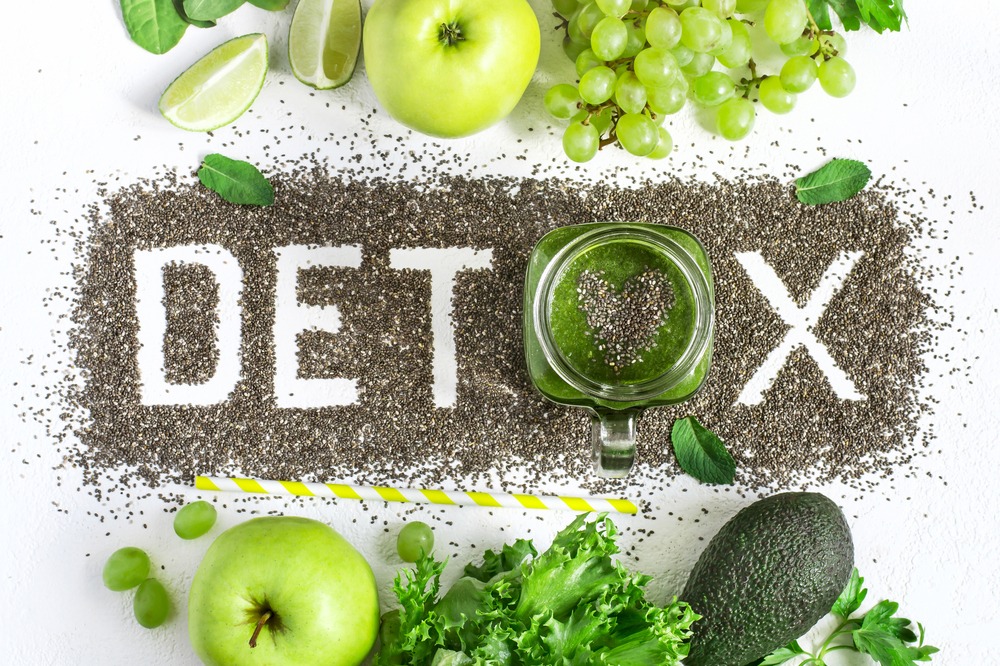
Detox Diets: Are They Worth the Hype?
In this article, we share the truth about detox diets and when athletes should become aware of the potential harms.




